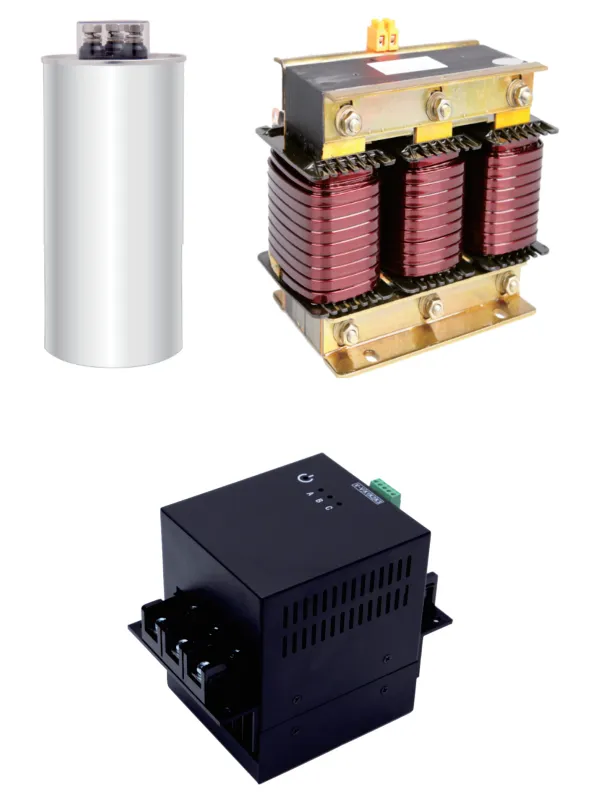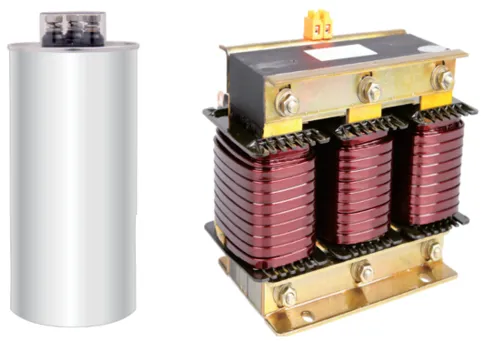Home /
Power Factor Correction and Reactive Power Control are fundamental techniques in development and management of contemporary electrical power systems. Power Factor Correction targets the reduction of reactive power from the system thus improving the efficiency and cost effectiveness of operations of the system. On the other hand, Reactive Power Control encompasses the regulation of reactive power with a view to controlling voltage and improving the reliability of the power system as a whole. For both industries, both approaches are ideal in ensuring appropriate energy utilization and meeting existent legislation standards.


